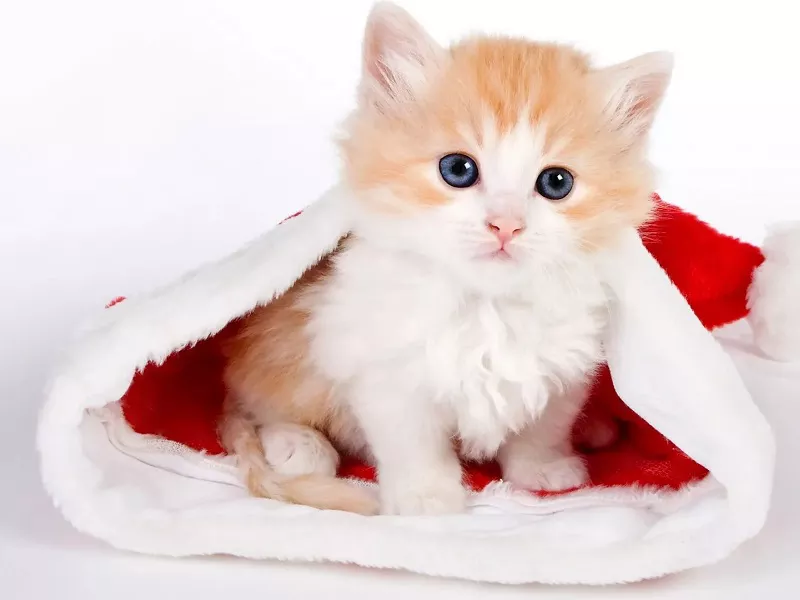The Ragdoll cat, with its striking blue eyes and docile nature, is a beloved breed among cat enthusiasts. To ensure the health, happiness, and longevity of your Ragdoll companion, providing proper nutrition is essential. Choosing the right food for your Ragdoll cat can significantly impact their overall well-being. In this comprehensive guide, we will explore the nutritional needs of Ragdoll cats and offer valuable insights into selecting the best food to keep your feline friend thriving.
Understanding Ragdoll Cat Nutritional Needs
Ragdoll cats, like all felines, have specific nutritional requirements that cater to their unique physiology and activity levels. Understanding these needs will help you make informed decisions when it comes to choosing the right food for your Ragdoll cat.
Protein: The Foundation of Feline Nutrition
Protein is a fundamental component of a Ragdoll cat’s diet. As obligate carnivores, cats require a diet rich in high-quality animal-based protein sources. Look for cat foods with real meat—such as chicken, turkey, or fish—as the primary ingredient. Adequate protein intake supports muscle maintenance, organ health, and overall vitality.
Fats and Fatty Acids: Essential for Health
Healthy fats are essential for a Ragdoll cat’s overall health. Omega-3 and omega-6 fatty acids support skin health, a lustrous coat, and immune system function. Foods that contain sources of healthy fats, such as fish oil, can contribute to the well-being of your feline friend.
Carbohydrates: Limited but Beneficial
While cats don’t require carbohydrates in large amounts, a small percentage of carbohydrates can provide a source of energy and fiber. Opt for cat foods that include whole grains or vegetables to offer some dietary variety and fiber content.
Essential Vitamins and Minerals
A well-balanced diet should provide essential vitamins and minerals that support various bodily functions, including bone health, immune system function, and vision. Look for cat foods that contain added vitamins such as A, D, and E, as well as minerals like calcium, phosphorus, and taurine.
Avoid Fillers and Artificial Additives
When selecting food for your Ragdoll cat, it’s important to avoid products that contain fillers such as corn, wheat, and soy. Additionally, steer clear of artificial colors, flavors, and preservatives. Opt for cat foods that prioritize real, natural ingredients and minimal processing.
Choosing Between Wet and Dry Food:
Both wet and dry cat foods have their advantages. Wet food provides hydration and can be easier for some cats to digest due to its higher moisture content. Dry food offers convenience and can help promote dental health by assisting in reducing plaque buildup. A combination of both wet and dry food can provide a well-rounded diet.
Consider Your Ragdoll Cat’s Age and Health:
Your Ragdoll cat’s age and health status should also influence your choice of food. Kittens require more calories and nutrients to support growth, while senior cats may benefit from a diet formulated to support joint health and manage weight. If your Ragdoll has specific health needs, consult your veterinarian for dietary recommendations.
Transitioning to a New Diet:
When introducing a new food to your Ragdoll cat, do so gradually over the course of several days. Sudden changes in diet can lead to gastrointestinal upset. Begin by mixing a small amount of the new food with the old food, gradually increasing the ratio of new food to old food.
Regular Monitoring and Vet Consultation:
It’s important to monitor your Ragdoll cat’s weight and overall condition regularly. If you notice any significant changes in appetite, weight, coat quality, or behavior, consult your veterinarian. Regular veterinary check-ups can ensure that your cat’s nutritional needs are being met and address any potential health concerns.
Conclusion
Providing proper nutrition is a cornerstone of responsible Ragdoll cat ownership. By understanding your cat’s unique nutritional requirements and selecting high-quality foods that prioritize real ingredients and balanced nutrients, you can contribute to their health, longevity, and overall well-being. Remember to consult your veterinarian for personalized dietary recommendations and guidance, ensuring that your beloved Ragdoll cat receives the best possible care through a well-balanced and nourishing diet.
Recommended reading:


























